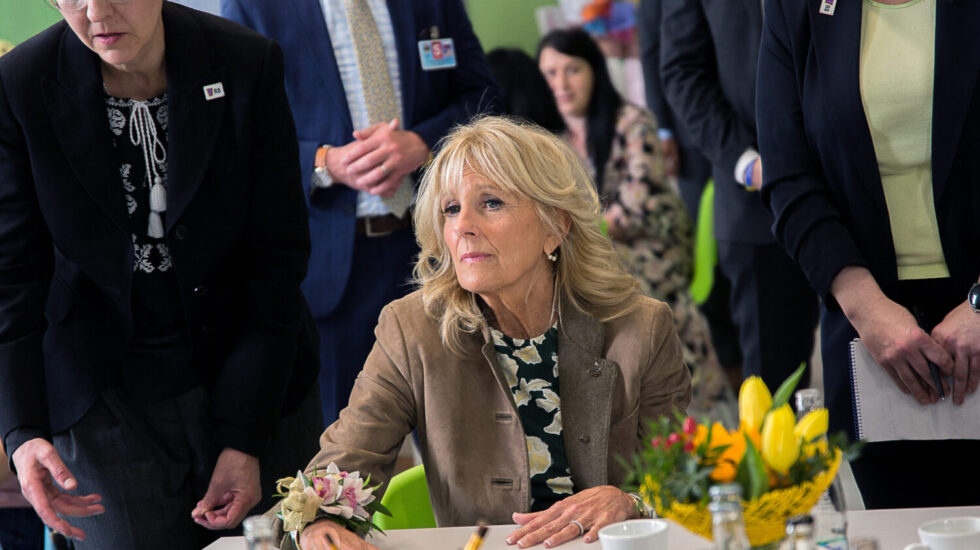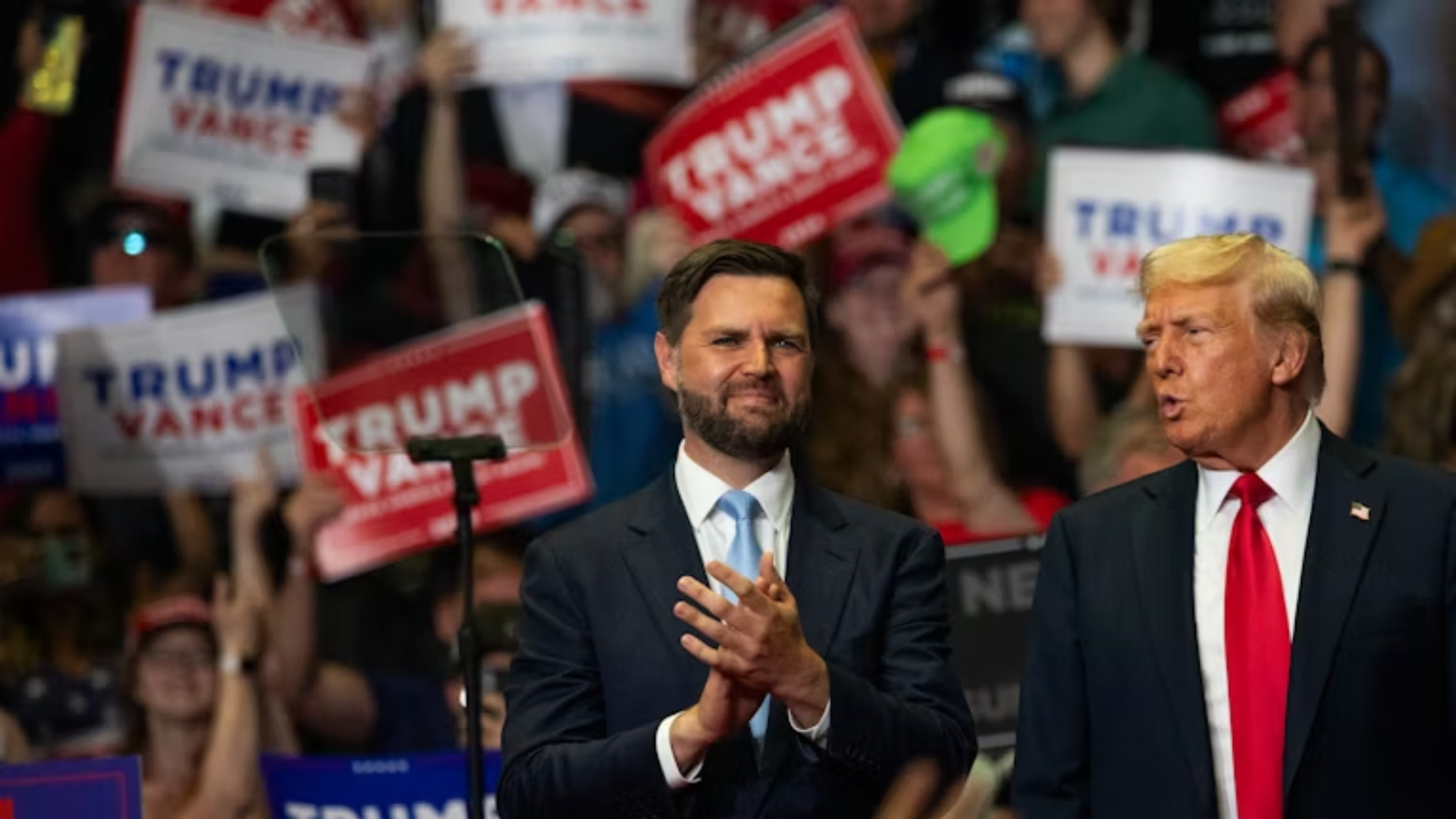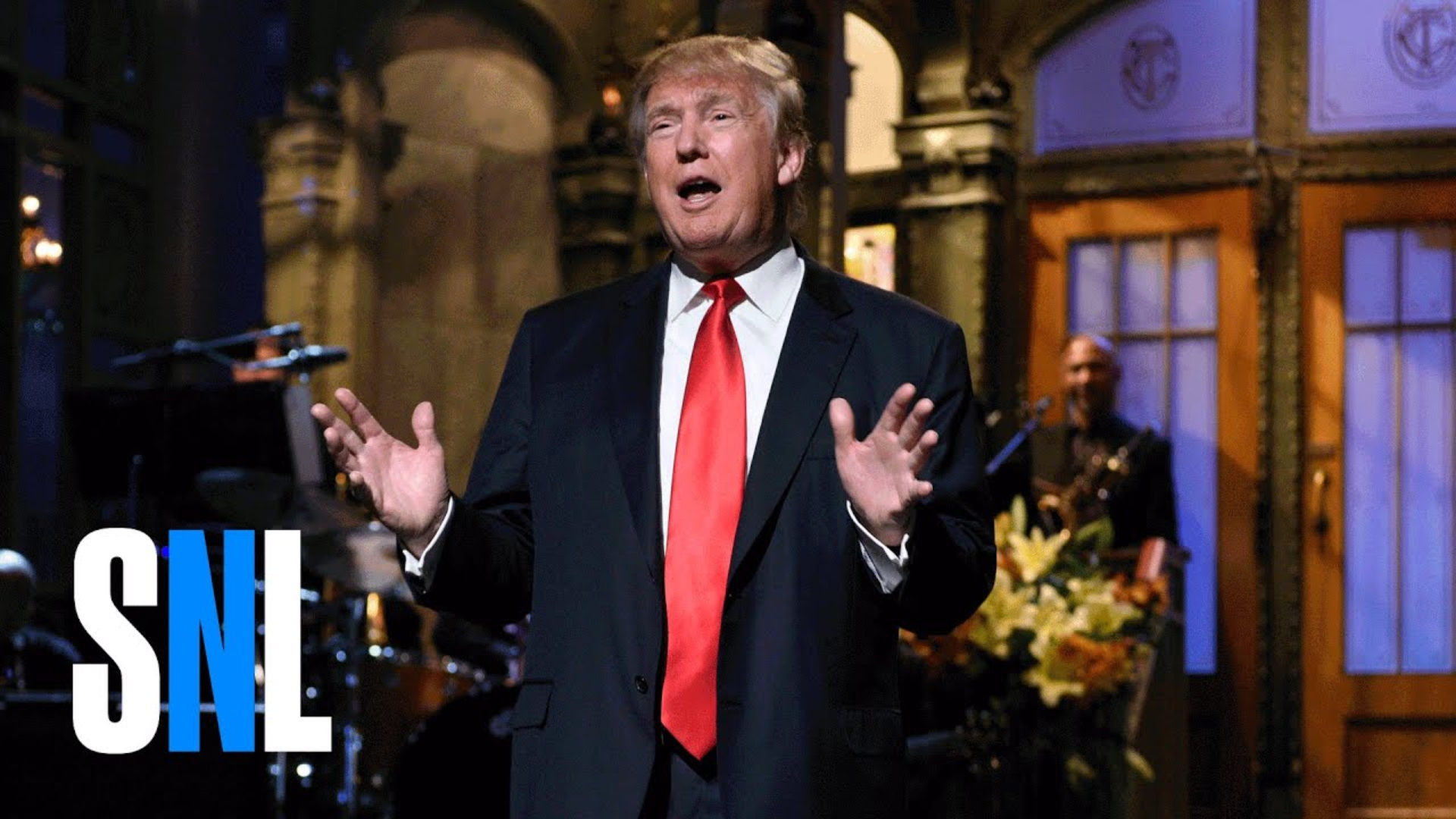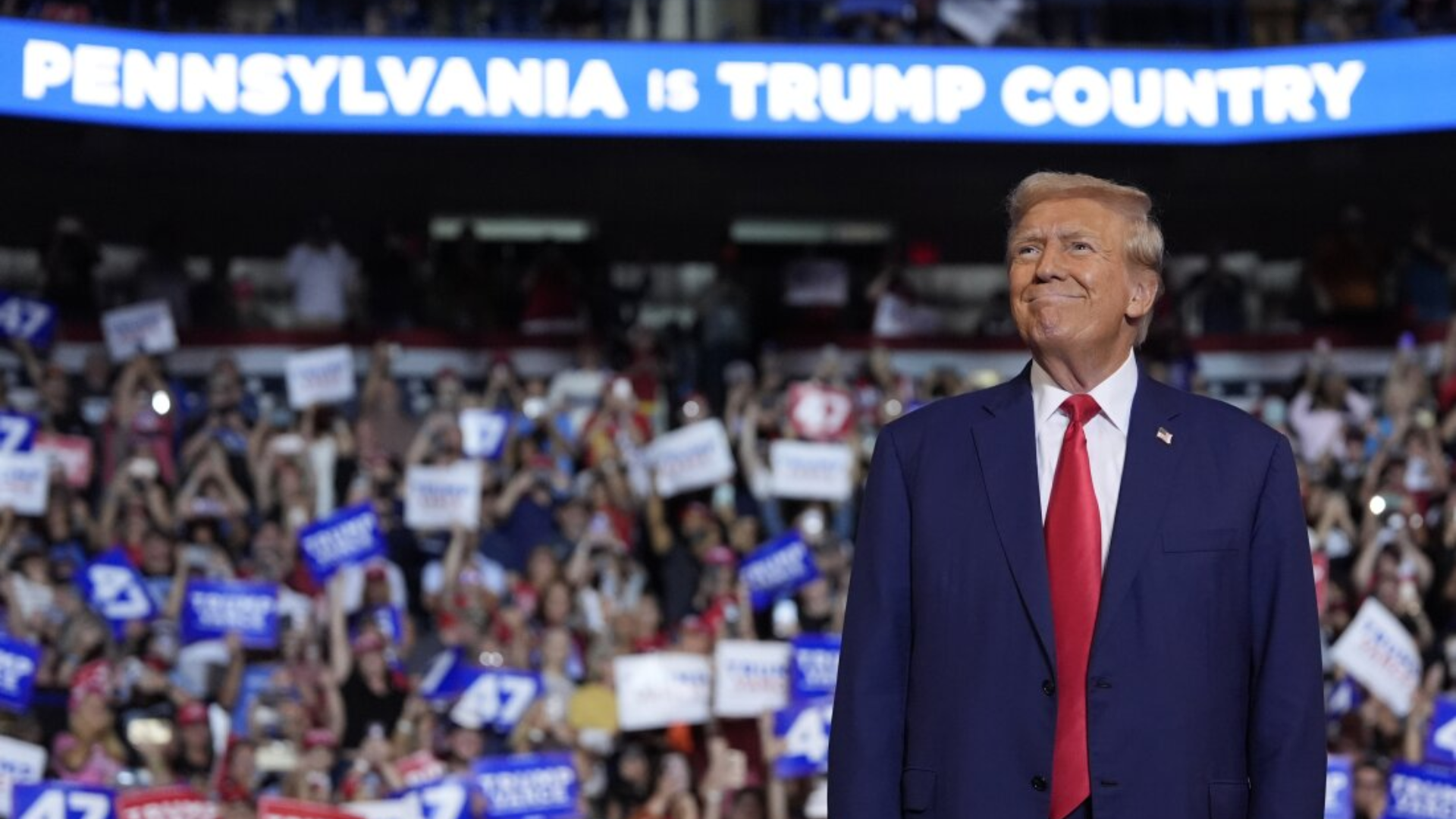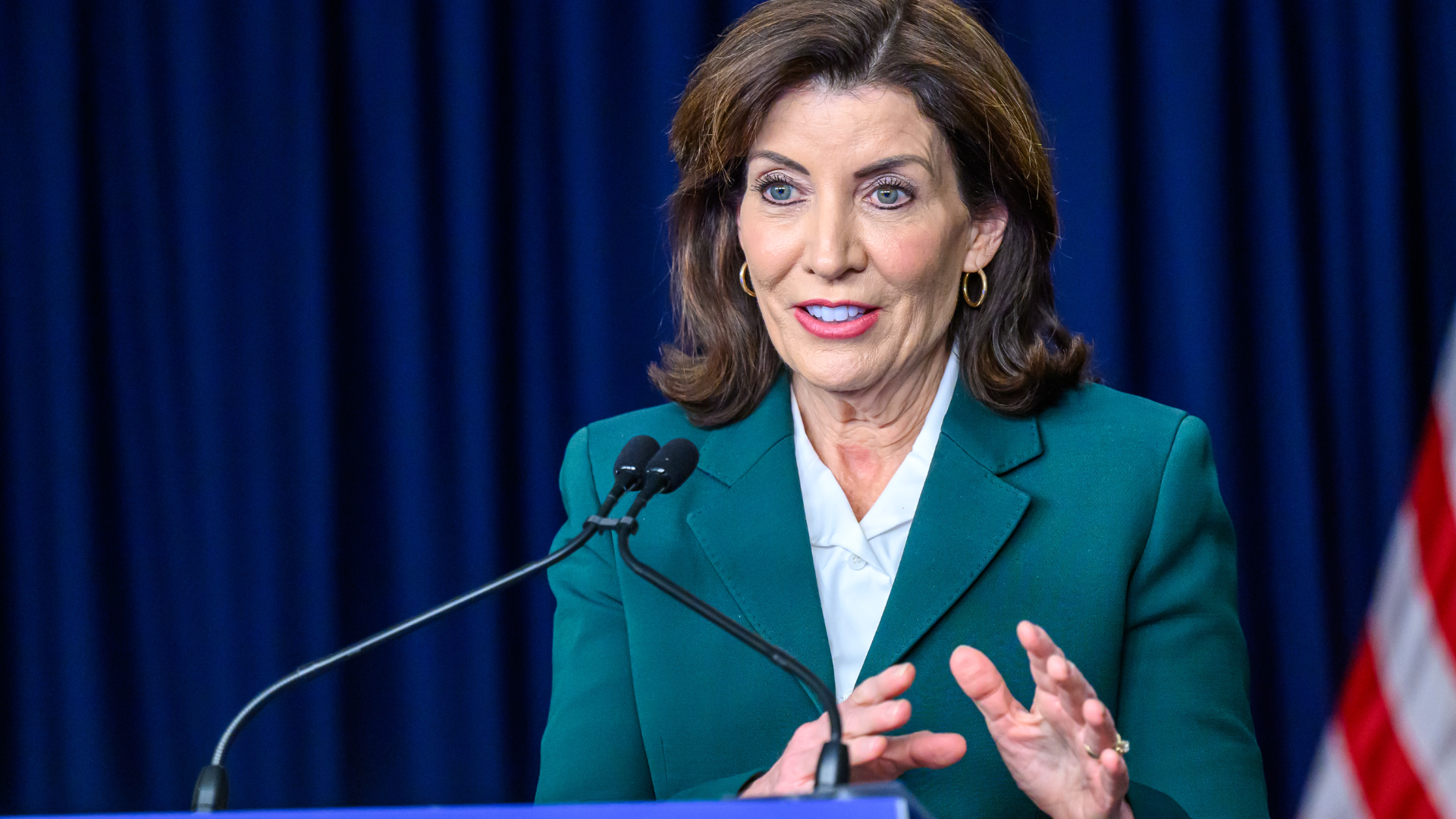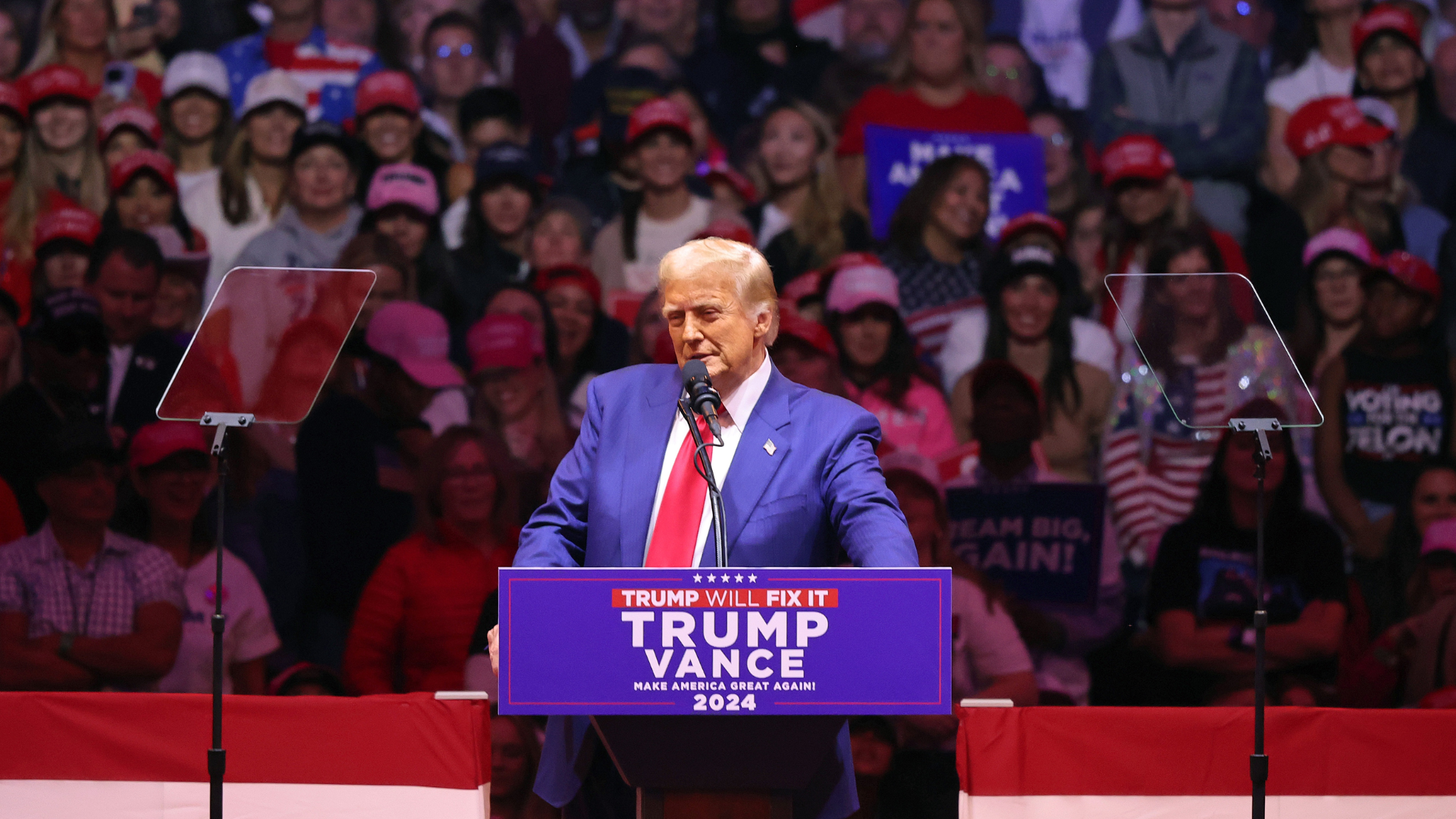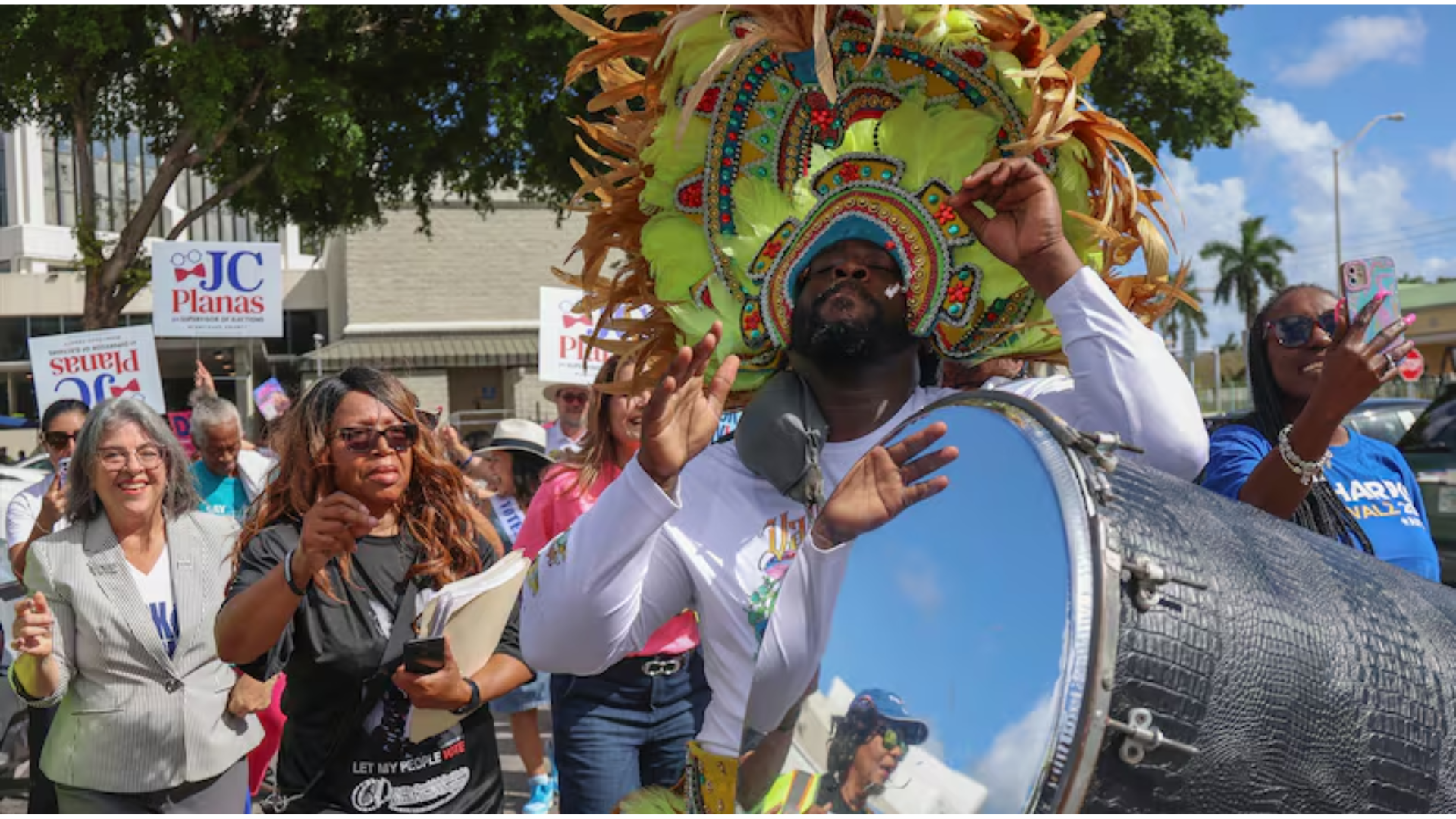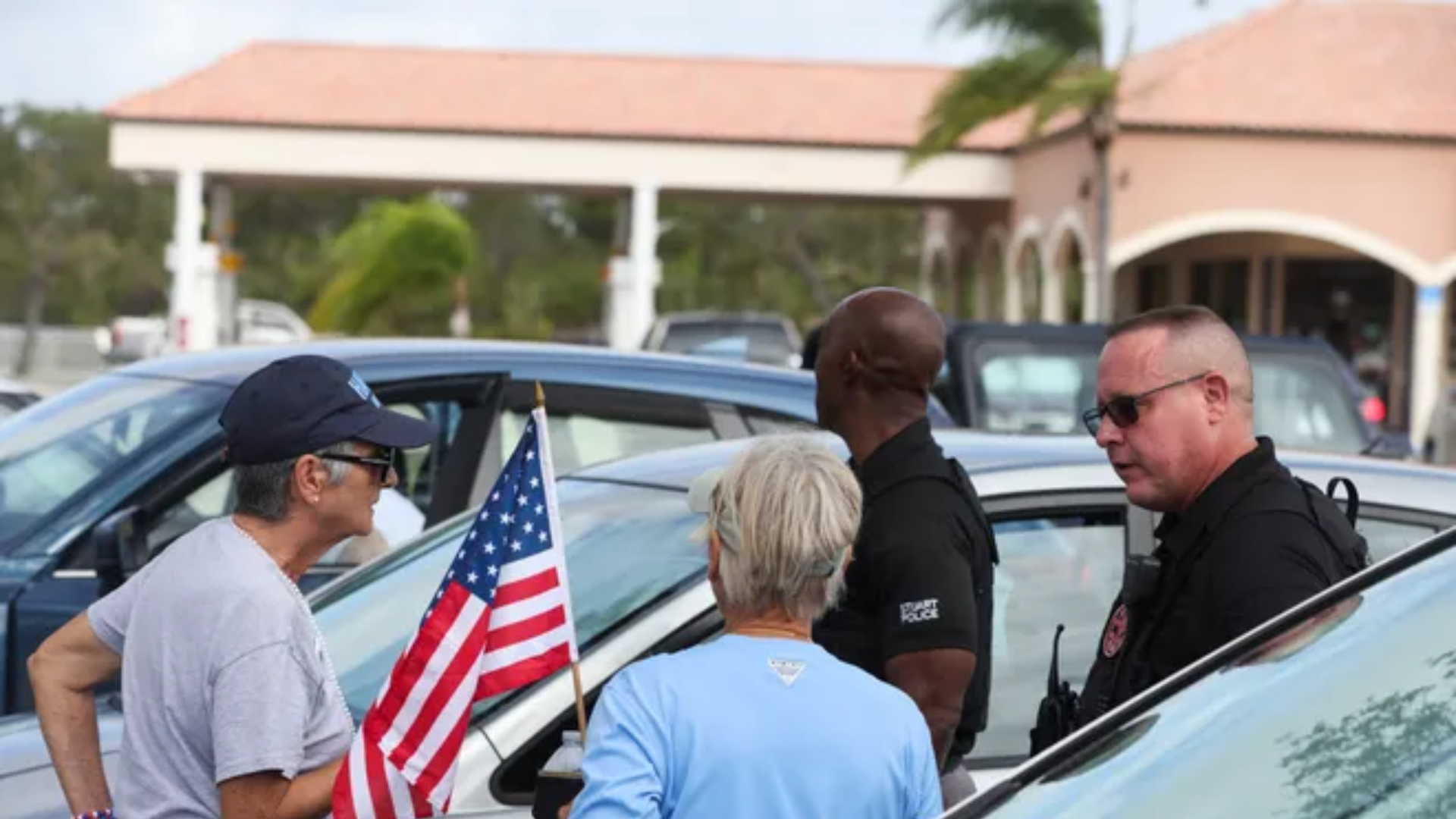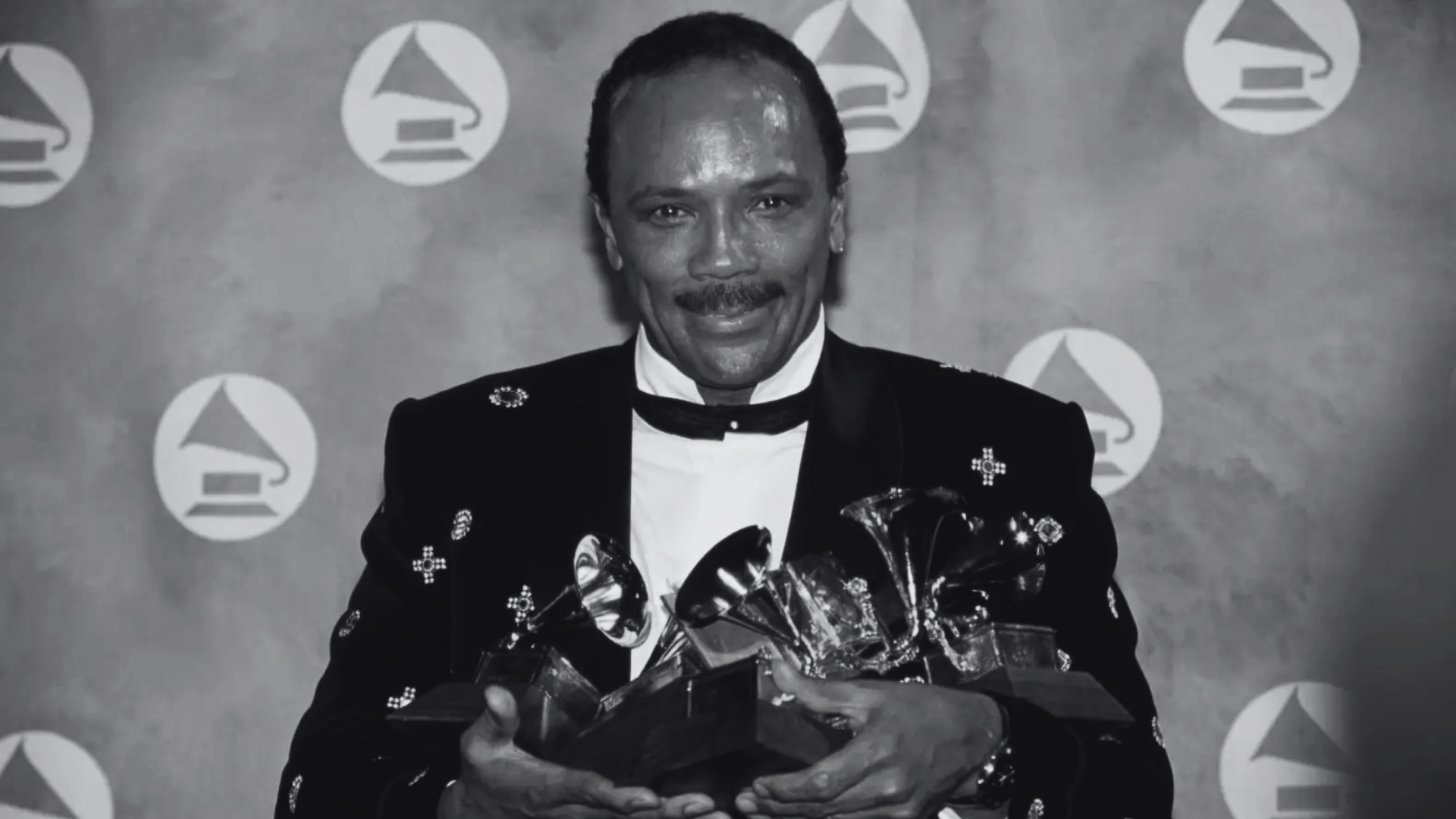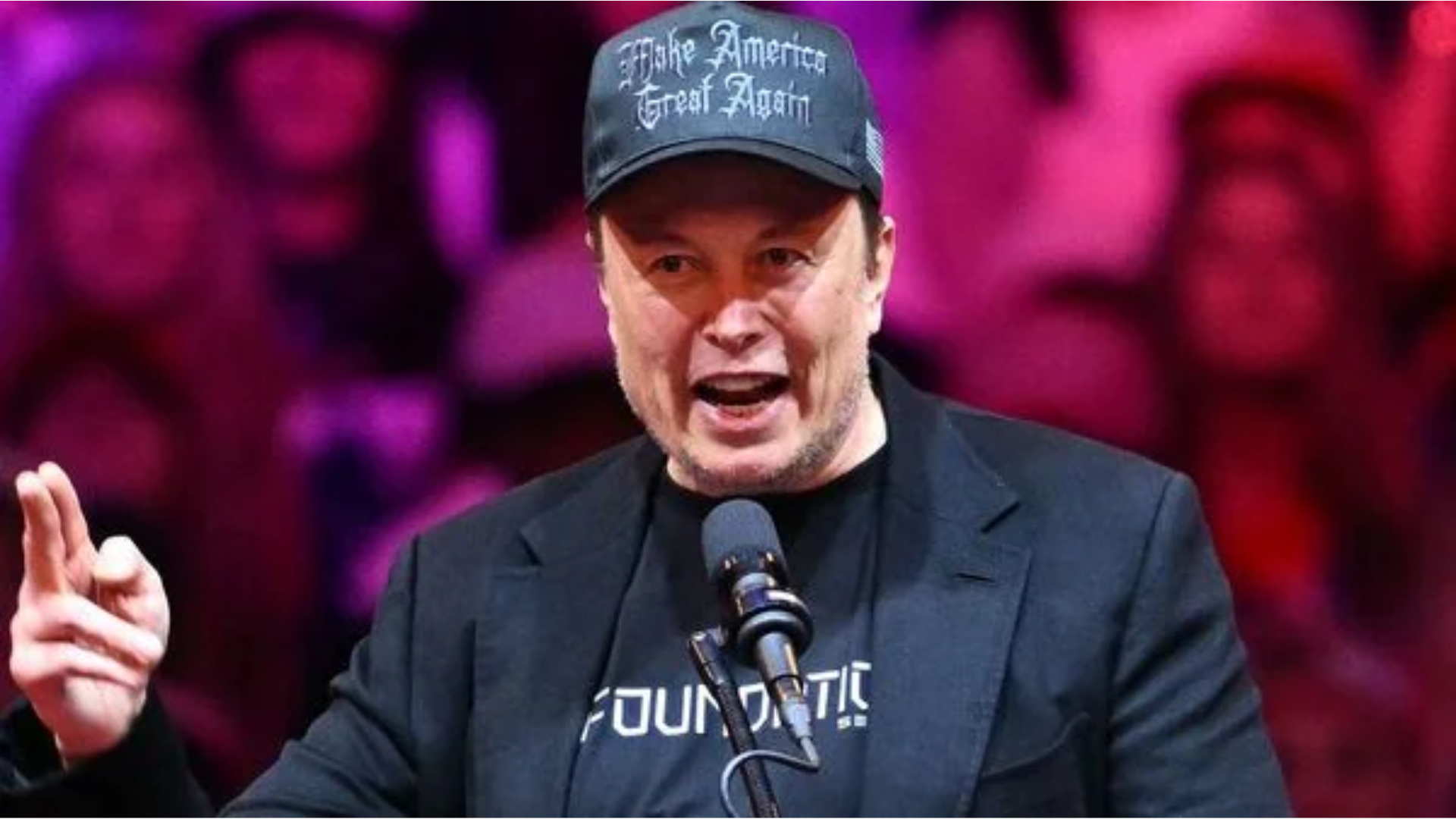The Washington Post announced it will no longer endorse presidential candidates, ending a decades-long tradition. This decision came with controversy as reports from Post staff indicated that an editorial endorsement of Kamala Harris was in progress before being halted by owner Jeff Bezos.
Although the Post endorsed Democratic candidates in the past, including Hillary Clinton and Joe Biden, the decision this year marks a major shift in the newspaper’s approach to political advocacy, raising questions about the timing and motivations behind the choice. Critics argue that, especially during such a consequential election, the Post’s silence could be seen as a retreat from promoting democratic ideals and accountability.
Bezos, who has been a frequent target of Donald Trump, reportedly made the call to withhold an endorsement, according to sources close to the decision. This development has not only impacted internal morale but also drawn responses from media professionals and politicians who see the move as a setback for journalistic independence. The Post’s last missed endorsement was in 1988, making this shift both surprising and contentious.
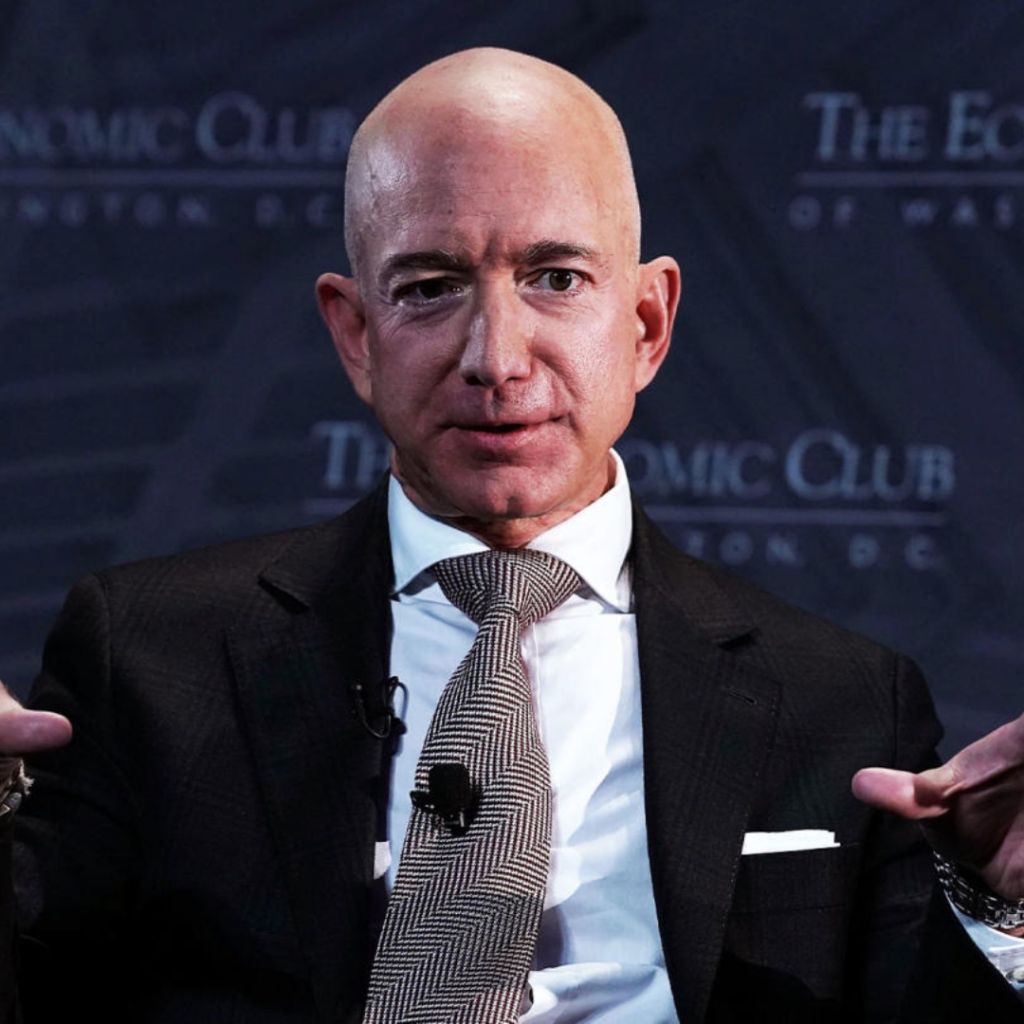
The announcement has been met with strong opposition, especially from within the Post’s own ranks. Columnists described the decision as an abandonment of the newspaper’s responsibility to uphold democratic values.
Former editor Marty Baron called the choice “cowardice,” while Pulitzer-winning reporters Bob Woodward and Carl Bernstein expressed disappointment, noting that the Post has always investigated and reported on threats to democracy, including those related to Donald Trump. Their sentiment was echoed by the Washington Post Guild, the paper’s union, which questioned whether management, rather than the editorial board, drove the decision.
Critics both inside and outside the Post argue that it has the resources and the legacy to take a stance in times of political urgency. Some fear that this decision, possibly influenced by Bezos’s contentious history with Trump, could represent a new model of journalistic caution that, if adopted widely, could shift the role of media in shaping public opinion.
Meanwhile, Post editor-at-large Robert Kagan resigned in protest, and thousands of readers flooded the paper’s online statement with comments, many of them threatening to cancel subscriptions.
This decision by the Washington Post comes at a critical time—just days before Election Day in a highly polarized environment, leading to strong responses from readers. Many have taken to social media and comments sections to voice their disappointment, citing the Post’s choice as a failure to stand up for democratic principles.
Some see it as a move that could embolden candidates who have frequently criticized the media. The paper’s publisher, Will Lewis, defended the decision by emphasizing a “return to roots” and asserting that the Post’s focus will remain on independent reporting rather than political endorsements.
In the wake of the Post’s decision, conversations on the media’s role in election discourse have gained attention. The Los Angeles Times faced similar internal conflict after its owner, Patrick Soon-Shiong, decided not to endorse a candidate. This trend raises questions about whether prominent newspapers will continue making endorsements or shift towards neutrality, especially as political pressures on media owners grow.
Former Post reporters Woodward and Bernstein pointed out that the Post has meticulously documented the potential risks of a second Trump term, adding that the timing of this choice makes it even more concerning.
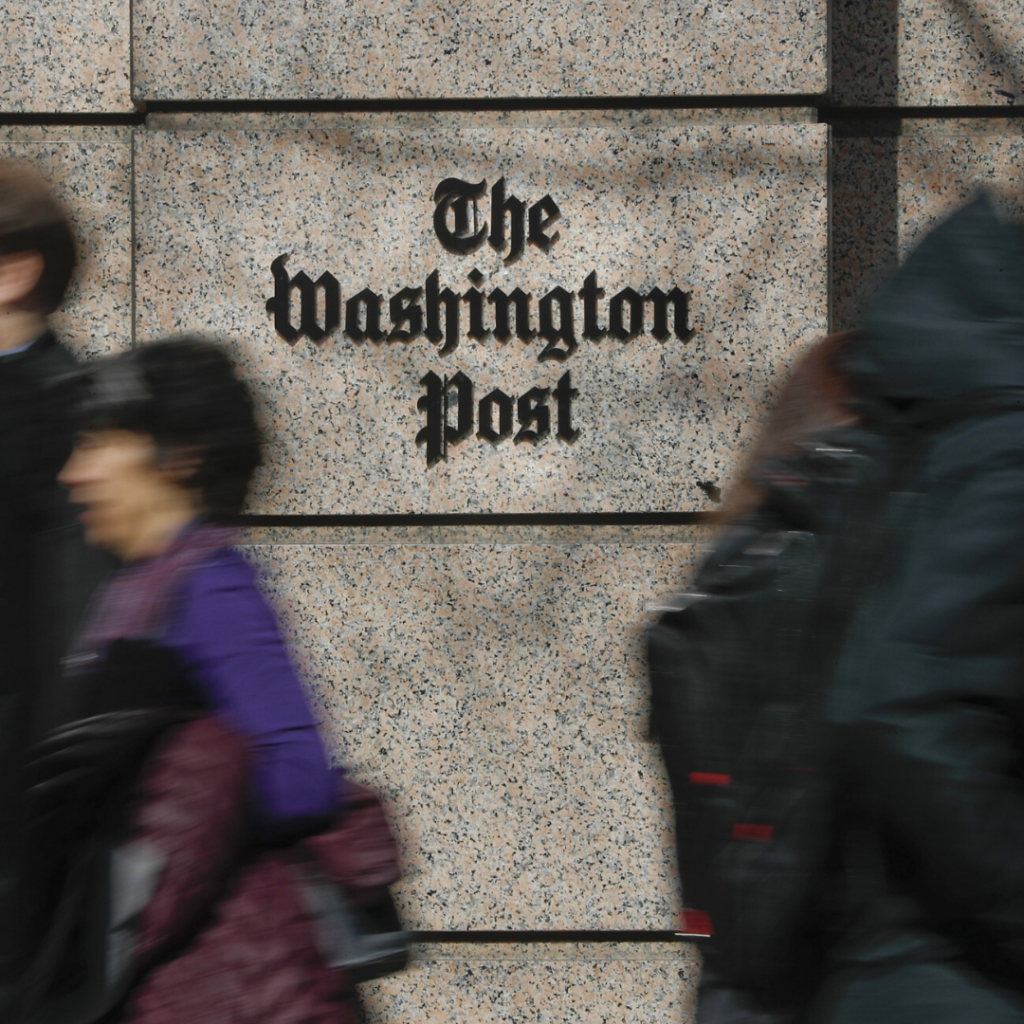
The Washington Post Guild, representing the paper’s staff, expressed concern that the decision might erode the trust between the publication and its readership at a crucial moment. Given that endorsements are part of many newspapers’ editorial traditions, the choice to withhold them could lead to a broader re-evaluation of how media outlets approach political advocacy.
Observers argue that, without endorsements, readers might lose confidence in newspapers as defenders of democratic integrity, especially as the public increasingly values transparency and commitment from the press. Whether this new editorial stance will influence other publications or readers’ relationships with the Washington Post remains to be seen, but the immediate impact on readership and public perception underscores the ongoing importance of media voices in American democracy.
